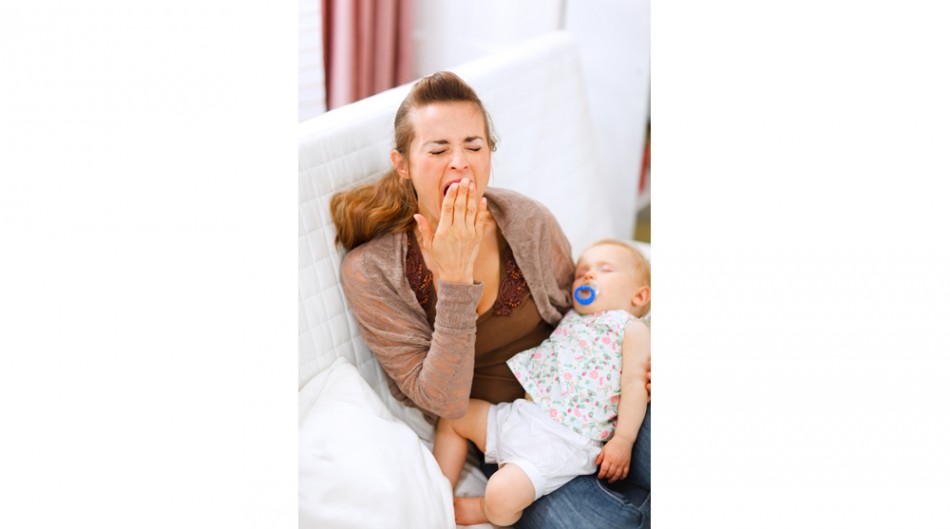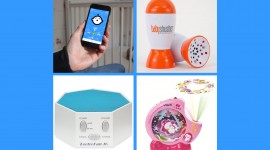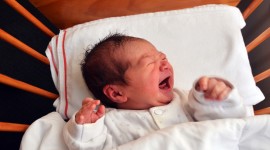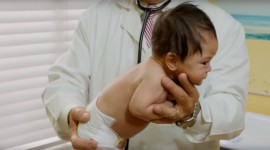The Epworth Sleepiness Scale (ESS) is a self-administered questionnaire with 8 questions. It provides a measure of a person’s general level of daytime sleepiness.
How likely are you to doze off or fall asleep during the following situations, in contrast to just feeling tired?
For each of the situations listed below, give yourself a score of 0 to 3, where
0 = Would never doze;
1 = Slight chance;
2 = Moderate chance;
3 = High chance.
Work out your total score by adding up your individual scores for situations 1 to 8. (If you have not been in the following situations recently, think about how you would have been affected.)
| Situation | Score |
| Sitting and reading | ⁄ 3 |
| Watching television | ⁄ 3 |
| Sitting inactive in a public place (e.g. a theatre/meeting) | ⁄ 3 |
| As a passenger in a car for an hour with no break | ⁄ 3 |
| Lying down in the afternoon (when possible) | ⁄ 3 |
| Sitting and talking to someone | ⁄ 3 |
| Sitting quietly after lunch without alcohol | ⁄ 3 |
| In a car, while stopped for a few minutes in traffic | ⁄ 3 |
| Total | ⁄ 24 |
What your score means
- If your score is below 10 you have a healthy level of daytime sleepiness in comparison to the general population.
- If your score is between 10 and 18 you have an excessive level of daytime sleepiness which may require further attention.
- If your score is 18 or above you have a very high level of excessive daytime sleepiness and you should consult your doctor for further medical help.
If you’re a parent with a baby or small child, who seems to be the root of your high ESS score, then look no further than the SleepHero iPhone app for help!





